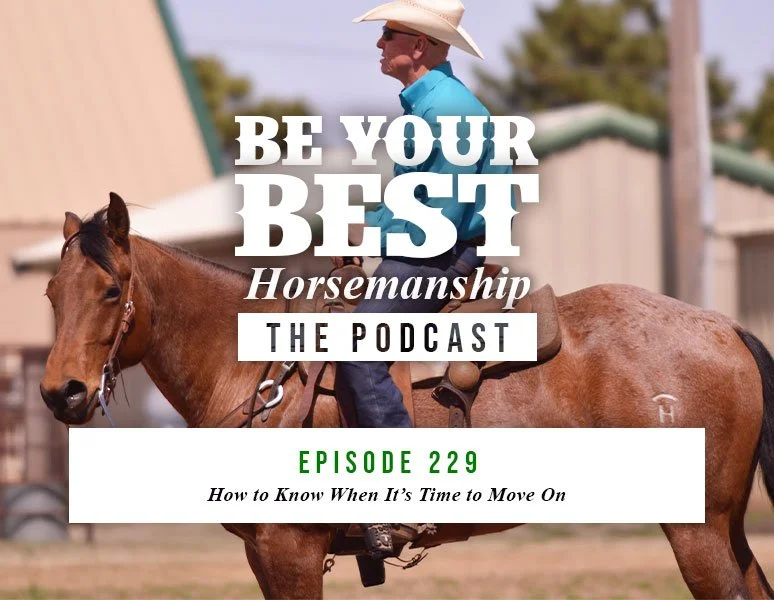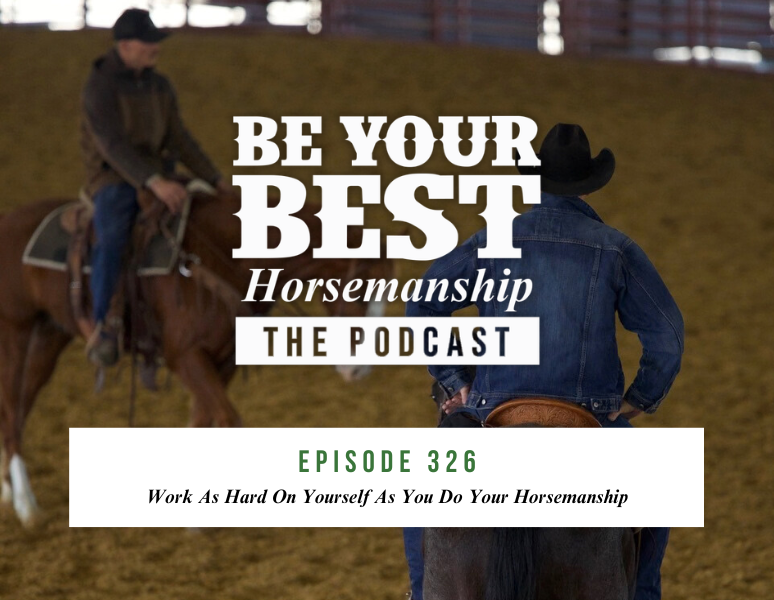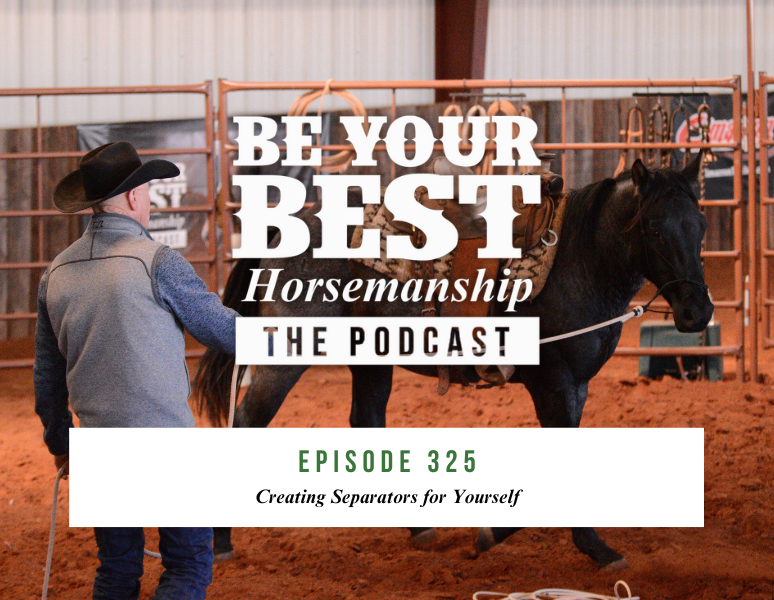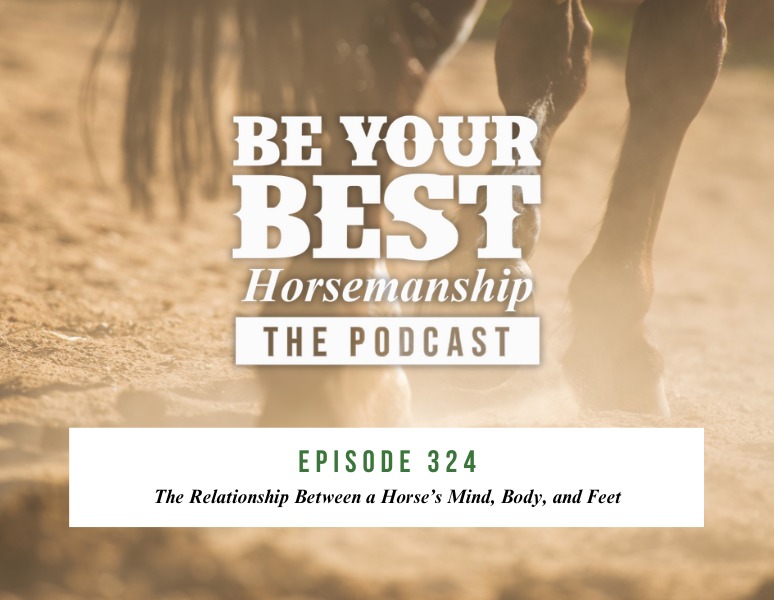Ep 229: How to Know When It’s Time to Move On
I was at a funeral the other day, and you know how those things can be. You sit there hearing stories about a person’s lifetime and what people remember them by, and reflections start pouring in. This time, it got me thinking about some pretty deep stuff – like the power of encouragement, sacrifice, and leadership.
There was one tribute during this funeral that hit me hard. It was during the eulogies when the man’s granddaughter stood up. She talked about how her papa was always one of the first people she called after a rodeo because he always made her feel like a champ, no matter the outcome. He’d say things like, “That’s a new record, ain’t it?” It got me thinking – when my time comes, if someone I love can stand up and say that I always made them feel good about themselves, I will have had a good life. It made me realize just how important those little words of encouragement are. They don’t cost a dime, but they’re worth a million bucks.
Then, there was another eulogy that touched on sacrifices. This man served his country back in the day, and he served it incredibly well. In the eulogy, they shared that he didn’t even get to see his firstborn child for six months because he was on active duty. It hit me that folks like him are the reason we have the privileges we do. Sacrifice and leadership go hand in hand.
When I got home from the funeral, I sat and reflected on some of the themes that came up in those eulogies – encouragement, sacrifice and leadership. And, it struck me that the things that make a person’s life memorable are very similar to the things that make the relationship between horse and rider effective.
I remembered a conversation I had the other day with a good friend of mine, who also happens to be a loyal listener of the podcast. He had requested that I do a podcast addressing this topic: “When you’ve been training a horse for an extended period of time, and you’re still not seeing the progress you expect, how do you know when it’s time to cut your losses and move on?”
You know, that question doesn’t really have a black and white answer. Sometimes, you stick it out, and it pays off. Other times, you have to admit it's not working. I've had those moments – the ones where I was gritting my teeth every time I saddled up a stubborn horse. But you know what? It taught me about communication and patience. Horsemanship isn't just about riding; it's about understanding, leading, and sacrificing your own agenda on behalf of your horse.
Sometimes, you have to sacrifice your own timelines of where you think a horse should be by a certain time in order to help them progress at their own pace. Some horses will take longer to train than others. Whether it be their natural demeanor, physical tendencies, or other factors, the training process is never a straight line. It’s going to be a continuous series of ups and downs while you figure out what that horse’s strengths and weaknesses are.
At the end of the day, some horses just aren’t going to work for the discipline that you had originally intended for them – and, that’s okay. I sold a gelding one time that I bought and had in training at my place for 3 years, hoping that he would be a great rope horse. After 3 years, I decided that roping just wasn’t going to be his thing. I sold him for $3,500 (which was quite a lot less than what I had in him at that time), and he went on to be an A-team pickup horse.
This story goes back to the theme of sacrifice – sometimes, you have to sacrifice your own agenda for the horse’s best interest. I believe that all horses can be great at something, but it might not always be what you want them to be great at. As trainers, it is our responsibility to set that horse up for success as best we can – and, if it’s not working for us, be humble enough to find someone that can help that horse reach its potential in a different discipline.
And, for those horses that are taking a little longer to reach their full potential, don’t forget about the power of encouragement. Just like with humans, one kind gesture that reaffirms that they are doing something correctly can be the fuel they need to keep going. Don’t forget about the release, and always look for opportunities to reward their efforts – especially with horses who are proving to be a little more difficult to train.
The things that make a person’s life great are very similar to the things that make a horse’s training effective. Never underestimate the power of small gestures, affirming actions, clear communication, and leadership.




